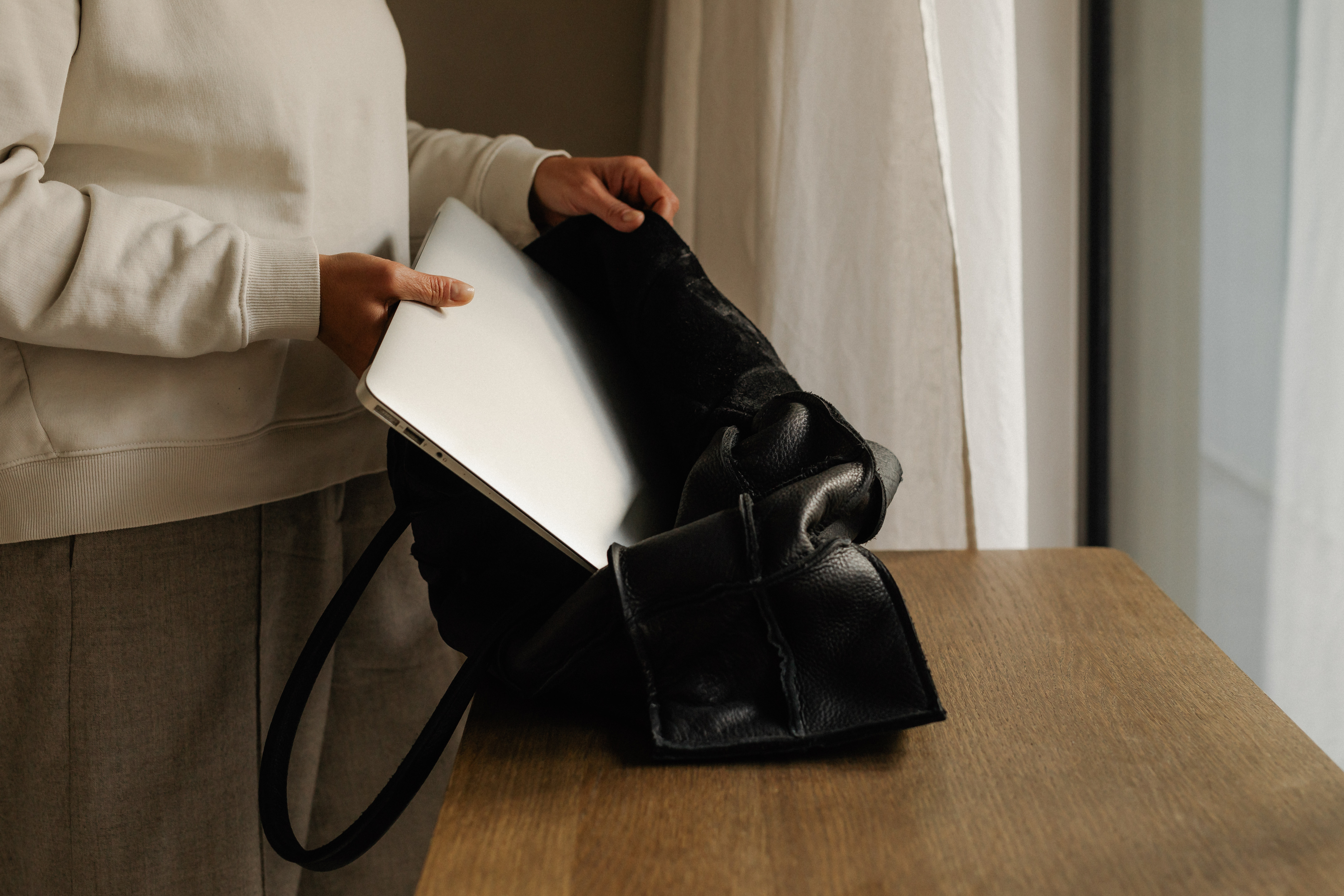Welcome to our blog! Today, we’re diving into the essential topic of tax-deductible expenses and depreciation related to Self-Managed Super Funds (SMSFs) and investment properties. Understanding these aspects can significantly impact your investment strategy and financial outcomes.
Tax-Deductible Expenses
When managing your SMSF and investment properties, several expenses can be claimed as tax deductions. Here’s a straightforward overview:
- Interest on Loans
If your SMSF borrows funds to purchase a property, the interest on that loan is generally tax-deductible. This can provide substantial savings as you build your investment portfolio.
- Property Management Fees
Fees paid to property managers for their services in managing the investment property can be deducted. This ensures you’re not only compliant but also maximizing your returns.
- Repairs and Maintenance
Costs incurred for repairs and maintenance to keep the property in good condition are deductible. This includes everything from plumbing repairs to painting and upkeep.
- Council Rates and Taxes
Ongoing council rates and property taxes are eligible for deduction, helping to offset some of the ongoing costs associated with property ownership.
- Insurance
Premiums for property-related insurance, such as building insurance, can also be claimed as tax-deductible expenses, providing added financial protection.
Purchasing Costs
When buying an investment property through an SMSF, be mindful of the following costs, which, while not all deductible, are crucial to factor into your budget:
- Purchase Price
The total cost of the property itself is a significant factor in your investment decision.
- Stamp Duty
This tax, imposed by state or territory governments, is not deductible but is added to the property's cost base for capital gains tax calculations when you sell.
- Legal Fees
Costs for legal advice and conveyancing are generally deductible, including fees for contract preparation.
- Building and Pest Inspections
Fees for pre-purchase inspections are typically deductible, ensuring you make informed decisions about your property purchase.
- Finance Costs
Expenses related to securing a loan, such as application fees, may also be deductible.
- Lender’s Mortgage Insurance (LMI)
If your SMSF borrows over 80% of the property's value, LMI may apply and is generally deductible.
- Property Valuation Fees
Fees for required property valuations are usually deductible, providing further financial relief.
Capitalizing Costs
Some purchasing costs contribute to the property's cost base, impacting future capital gains tax:
- Stamp Duty
Though not deductible, stamp duty is added to the cost base for capital gains tax calculations upon sale.
- Legal Fees
While some legal fees are deductible, those directly related to the acquisition may be added to the cost base.
- Inspections and Reports
Certain inspection costs may be deductible, while others might contribute to the cost base.
- Buyer’s Agent Fee
The fee paid to a buyer's agent for sourcing the right property is typically tax-deductible as an expense associated with acquiring the property. You can claim this on your SMSF’s tax return in the year incurred. Moreover, if the fee is deductible at purchase, it may also be included in the property's cost base for capital gains tax purposes when sold, potentially reducing your taxable gain.
Using Depreciation
Depreciation allows you to claim deductions for the wear and tear on your property and its assets over time. Here’s how to approach it:
Types of Depreciation
- Capital Works Depreciation (Division 43): This applies to the building itself, calculated over 40 years at 2.5% per year.
- Plant and Equipment Depreciation (Division 40): This covers items like appliances and carpets, with varying depreciation rates.
Depreciation Schedule
It’s advisable to have a qualified quantity surveyor prepare a depreciation schedule, outlining the deductions you can claim throughout the property’s life.
Claiming Depreciation
You can claim these deductions on your SMSF’s annual tax return, significantly reducing the fund's taxable income.
Conclusion
Navigating the world of SMSFs and investment properties can be complex, but understanding tax-deductible expenses and depreciation can lead to significant financial advantages. Always consult with a tax professional to tailor these strategies to your specific circumstances.
Feel free to reach out with any questions or for further assistance in your property investment journey. You can book a free initial consult with us using the booking link on our website.
https://outlook.office365.com/book/PropertyAdvisersAustralia@wpsqld.onmicrosoft.com/
Disclaimer
The information provided on this website, including any articles, blog posts, and resources, is intended for general informational and educational purposes only. It is not, and should not be construed as, financial advice or a recommendation to act on any financial decisions.
While every effort is made to ensure the accuracy and relevance of the information, the content on this website is based on current legislation, regulations, and general financial practices. These can change over time, and the specific circumstances of individual financial situations may differ. Therefore, the information presented may not be applicable to your unique situation.
Before making any financial decisions, including but not limited to decisions regarding your superannuation or self-managed superannuation fund (SMSF), you should consult with a qualified SMSF specialist, financial advisor, or accountant who can provide advice tailored to your personal circumstances.
The author and website owner disclaim all liability for any loss or damage arising from reliance on the information contained on this website.




